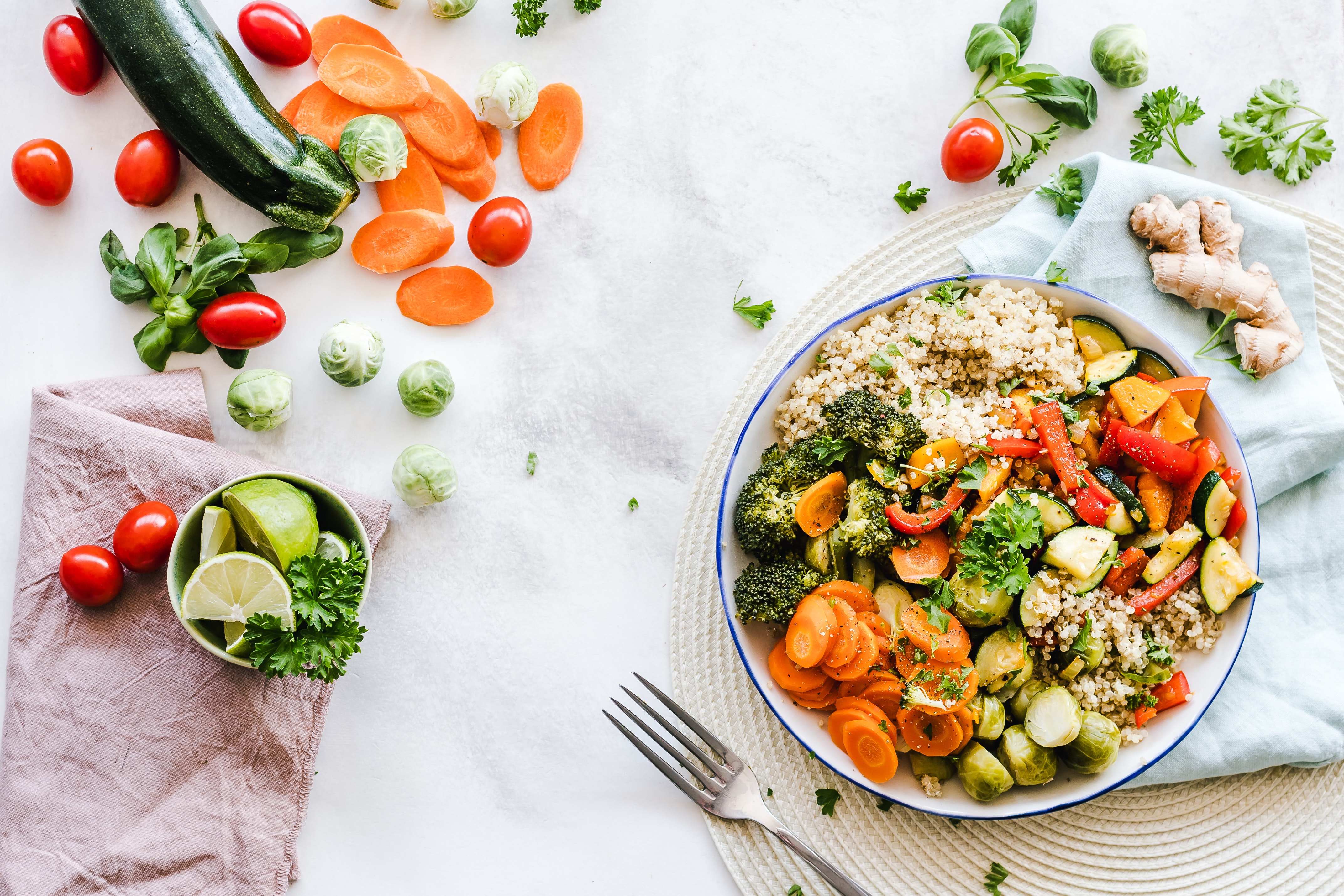Everyone knows that it’s impossible to feel your best and be your best if you are not properly fueling yourself. However, everyone isn’t keen on radically readjusting their diets in order to meet the requirements of whatever fad diet is hot at the moment. While buying into dieting programs and specific products can be costly, it’s also complicated to entirely adjust your meal plan in order to fit into specific requirements.
Most fad diets fail because they are simply not sustainable. Though sometimes they can lead to a short term weight loss, they largely do not provide long term solutions. This happens because these diets do not teach people how to eat healthier. They merely cause people to essentially starve off existing fat while the program lasts. And guess what happens when it’s over? You got that right. They gain all the weight back. And sometimes more.
That’s why it’s important not to jump on the dieting bandwagon. Instead, there are simple changes you can make to lose weight and have a healthier lifestyle.
1. Fluids, Fluids, Fluids
No, I’m not talking about soda and other sugary drinks. Replacing your daily soda with water has dramatic health benefits. Before you say this is not a simple step, think of the tremendous health benefits you will experience once you stop allowing sugar to rule your life.
To save plastic, carry a reusable water bottle with you. Bring it all over: during errands, to work, to the gym. You can flavor your water with chopped fruit, or choose a fizzy option if your miss the carbonation. Your heart, brain, teeth, bladder, bones, kidneys, and reproductive organs will all thank you for swapping out soda with water. In addition to weight loss, you will also lower your risk of developing Type 2 Diabetes. So I’d say it’s worth a try.
2. Increase Your Fat Intake
Yes, you read that correctly. Fat is what satiates you. Many diets are ineffective, because they drastically reduce fat levels, leading to dieters starving and binge eating. To lose weight you should be lowering your sugar intake levels and overall carbohydrate consumption. Fat is not the component you should be cutting out.
Healthy fats are enormously beneficial to your health, and consuming healthy fat will actually promote weight loss. Foods that contain healthy fats include avocados, certain cheeses, dark chocolate, eggs (yolk and white), fatty fishes, nuts, chia seeds, extra virgin olive oil, coconuts/coconut oil, and full-fat yogurt.
3. Sleep More
Alright, this step might not always be simple, but there are ways you can limit your hectic lifestyle in order to allow for more shuteye. Be firm with yourself about valuing your health. That means allowing yourself to unplug from smartphones and force yourself to relax.
In order to get more sleep, try going to bed with your smartphone away from your bed. Maybe place it in the room next door and wake up with the assistance of an alarm clock (yes, they still exist.) Be honest and realistic about how many tasks you can take on, and don’t be afraid to say no. Sleep deprivation is linked to weight gain and an increased chance of developing chronic diseases. So it’s important to get proper rest daily.
4. Meal Prepping
While many avoid meal prepping because it seems like it will be time-consuming, it will dramatically improve the quality of your week to think ahead. Sundays are usually a good day to prep for the week ahead. Cook sizeable portions of healthy meal essentials, such as lean protein and veggies and put proper portion sizes in containers for easy access.
Why do you head to fast food restaurants? Sure, the food tastes good, but it’s also convenient. Unfortunately a lot of healthy foods are not found at a drive-through (though you can always select healthier options.) Make it convenient for yourself to eat healthy food by planning ahead.
5. Mind What You Eat
Though the prospect of keeping a food journal might seem tedious, there are now many food logging apps that make this process far more convenient. These kinds of resources allow you to be aware of what is in your food: calories, fat, sugar, nutrients, etc.
Logging your food is important, because it allows you to get a realistic picture of what you are actually eating in a day. Many pack on pounds because they eat when they’re bored. By forcing yourself to chronicle what you’re eating, you can discover your bad habits in order to fix them easier. Additionally, you can become more mindful of proper serving sizes when eating.


